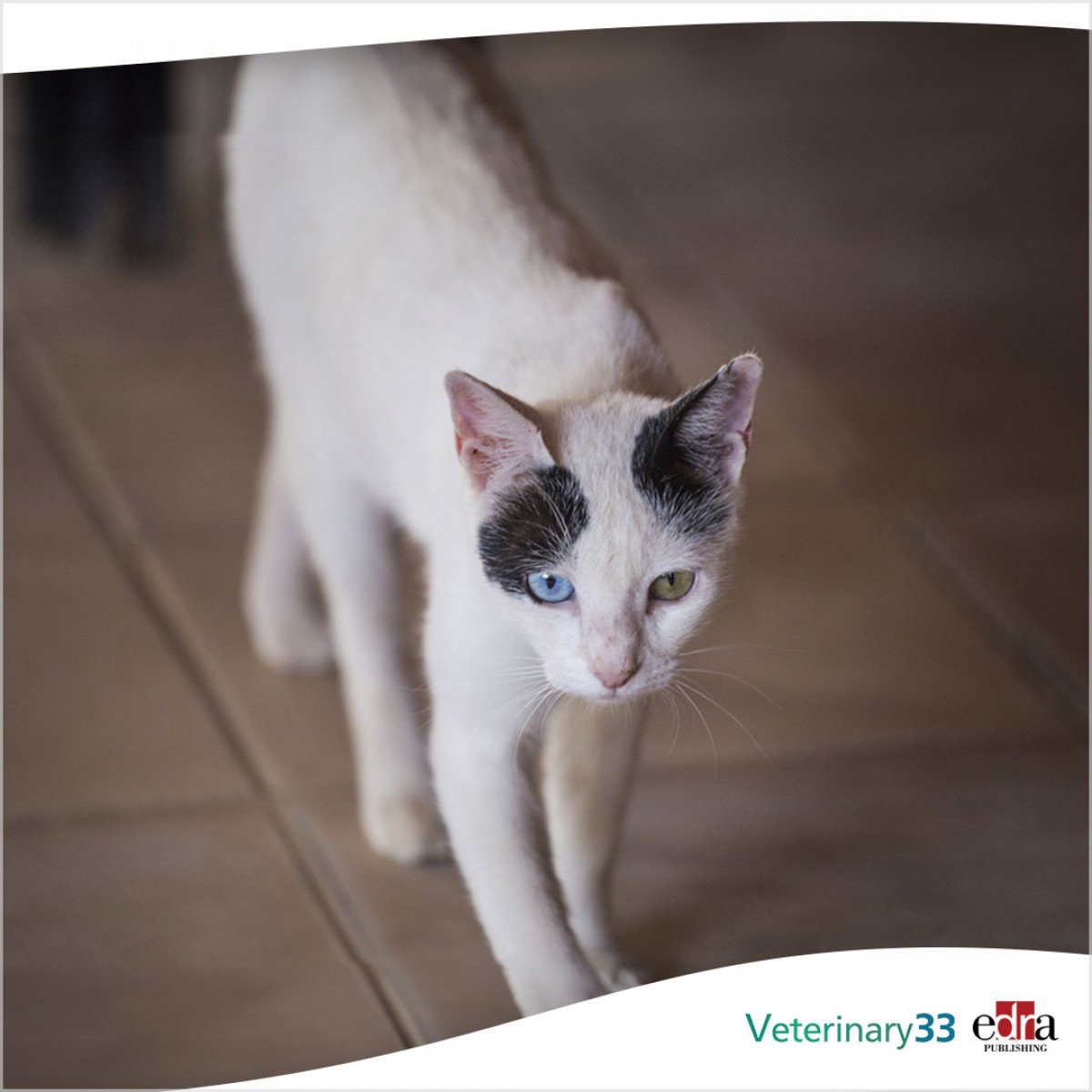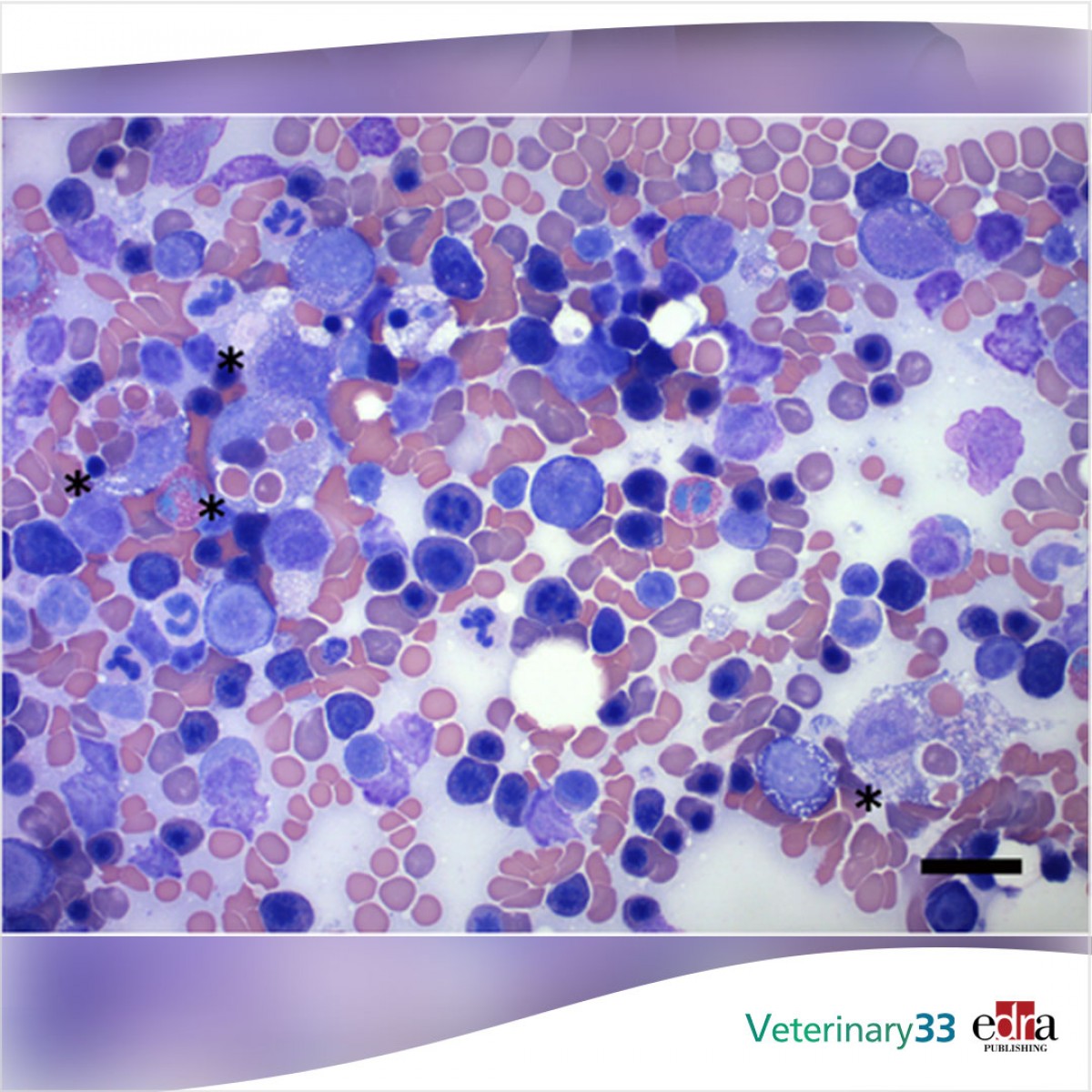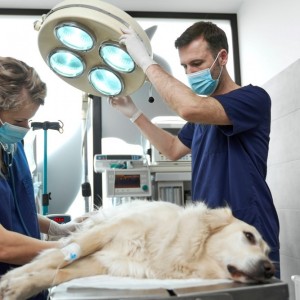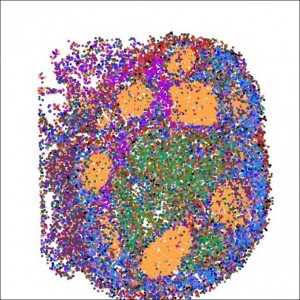T Cell leukemia in dogs associated with suspected immune-mediated cytopenia
Canine chronic large granular lymphocyte (LGL) leukemia is commonly characterized by moderate to marked lymphocytosis but not neutropenia. In humans, LGL leukemia is often associated with autoimmune disorders, including immune-mediated cytopenia (mainly neutropenia). This presentation is rare in dogs.
The aim of this retrospective study was to describe the clinical characteristics, treatments, and outcomes of dogs with chronic LGL leukemia with suspected immune-mediated cytopenia.
Six dogs with a median age of 4.5 years (range 2-8 years) were included in the study. The most common presenting signs were pyrexia and lethargy. All dogs had severe neutropenia (median neutrophil count 0.07 × 109/L), three had thrombocytopenia (median platelet count 66 × 109/L), and one had anemia (HCT 0.32 L/L).
In all dogs, bone marrow cytology revealed infiltration of granular T lymphocytes; PARR analysis confirmed clonality in four, and bone marrow flow cytometry identified CD3+ CD8+ neoplastic cells in two cases.
All patients received systemic chemotherapy, and the cytopenia resolved after one to 19 weeks.
Two dogs were euthanized 133 and 322 days after diagnosis, two were lost to follow-up after 224 and 357 days, and two were alive at 546 and 721 days.
The authors concluded that a subset of LGL leukemia in dogs is associated with immune-mediated cytopenia and has a unique clinical presentation.
Further studies should be performed to better characterize this condition, researchers said. LGL-CLL should be considered among the differential diagnosis in patients presenting with severe neutropenia.
Angelo Capasso et al. “Retrospective Study of T Cell Leukaemia (Large Granular Lymphocyte Variant) in Dogs Associated with Suspected Immune-Mediated Cytopaenia(s) in the Absence of Peripheral Lymphocytosis.” Animals (Basel). 2023 Jan 20;13(3):357. doi: 10.3390/ani13030357.














List
Add
Please enter a comment